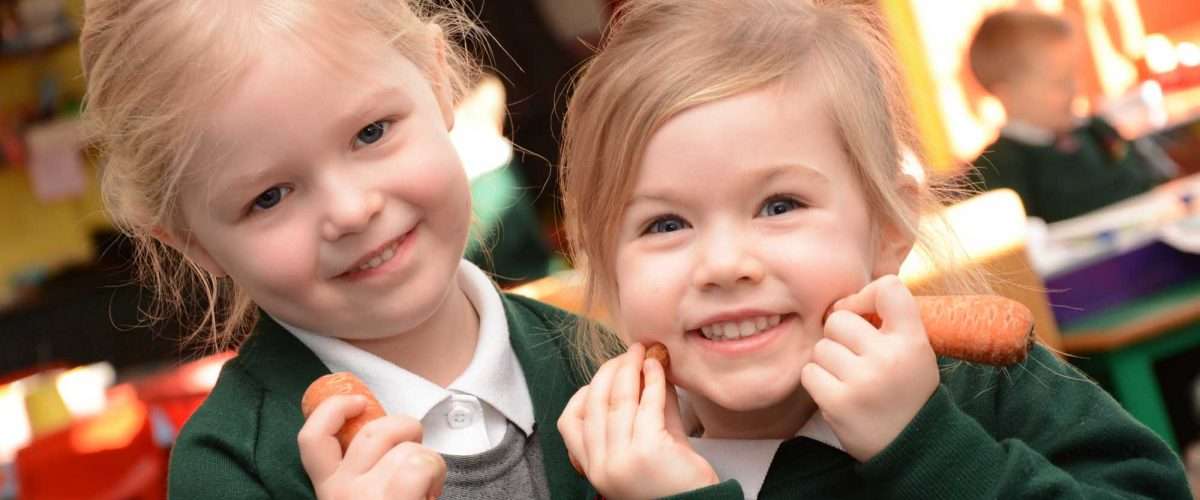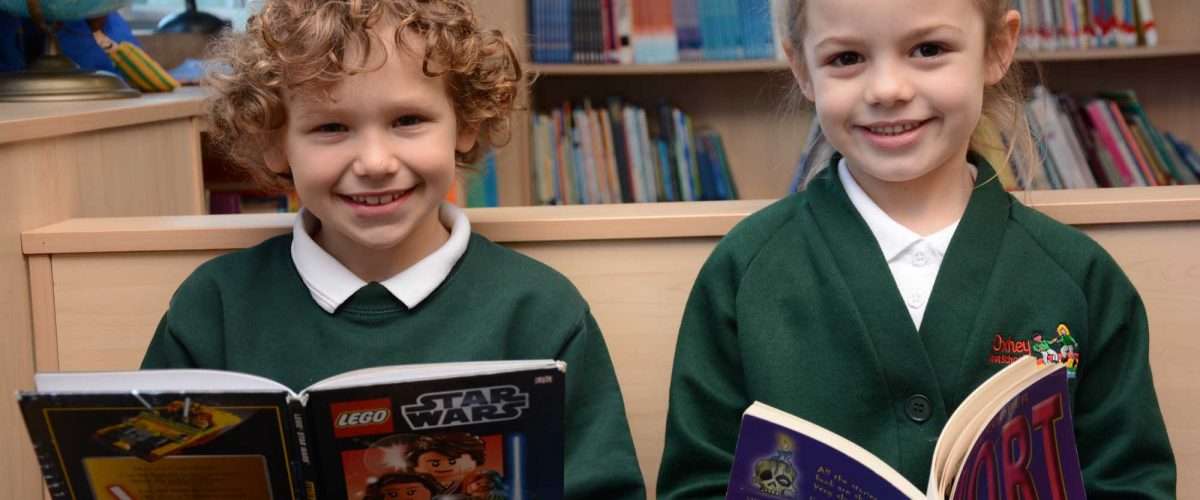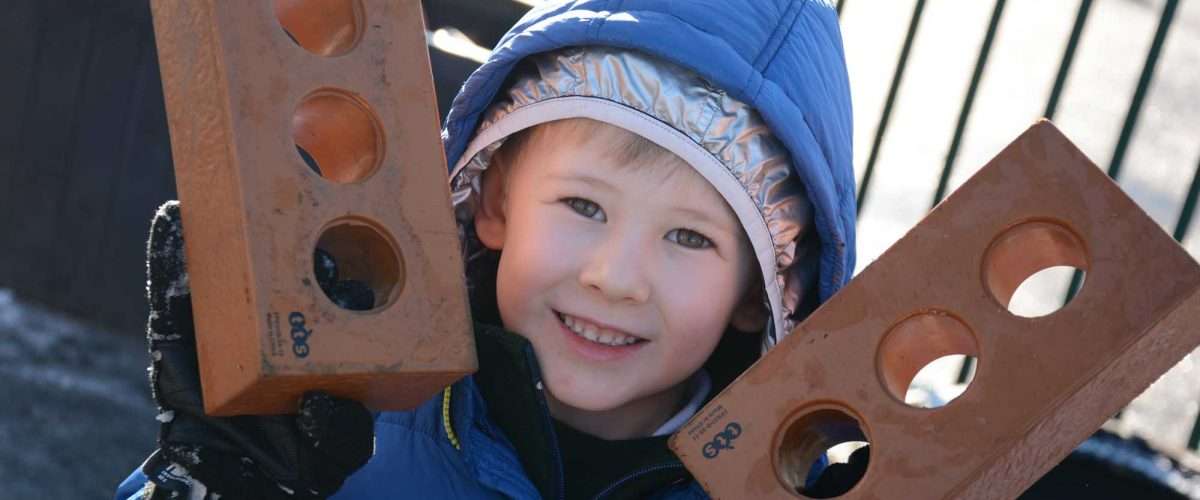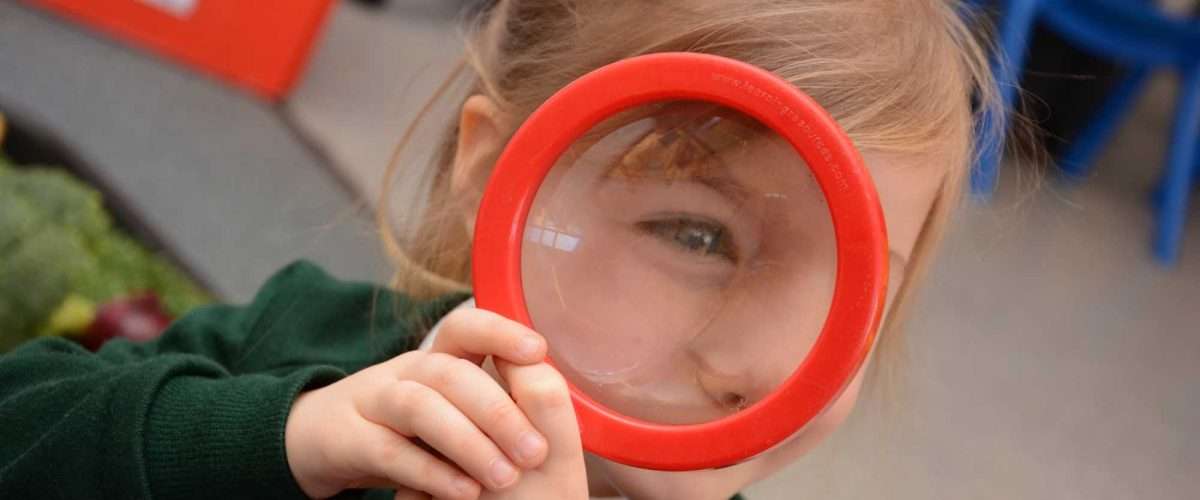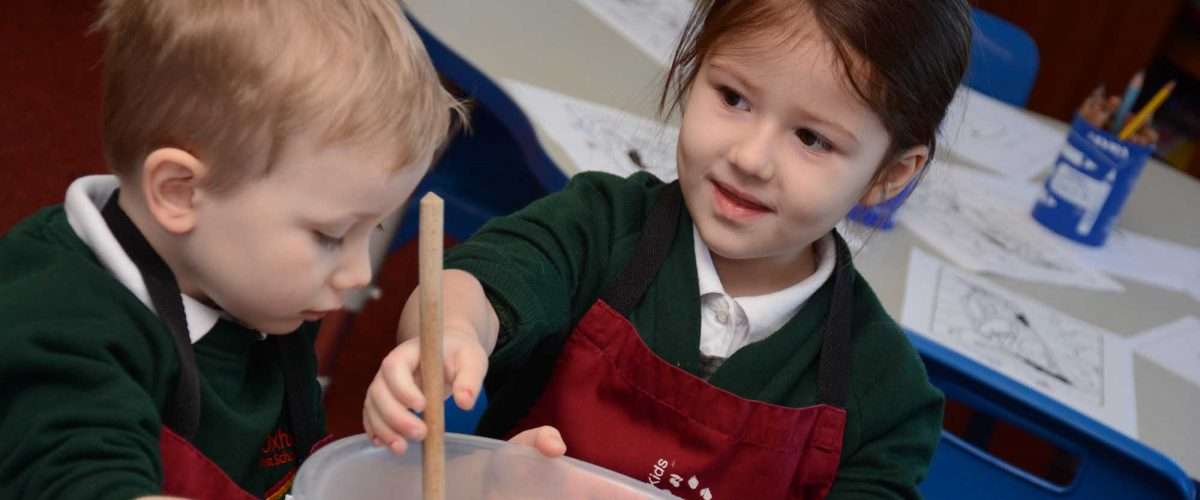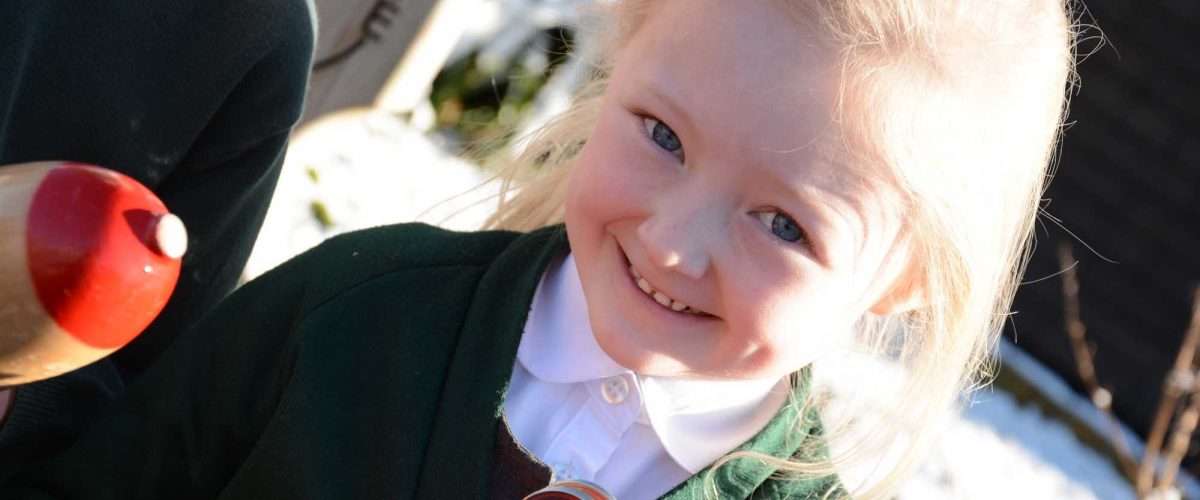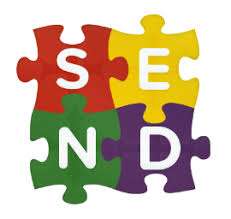Our Intent:
At Oxhey First school, our aim is to ensure all children are supported in order that they may work confidently towards reaching their full potential. We strongly believe in the role of Quality First Teaching and curriculum entitlement for all children, regardless of their ability or background. We intend to identify needs swiftly, remove barriers to learning and raise levels of progress and achievement. Working in partnership with families and a range of external agencies is key to achieving this.
 Our SENDCo is Mrs E Holt. ( email [email protected])
Our SENDCo is Mrs E Holt. ( email [email protected])
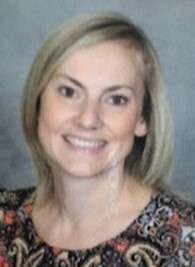
Please see the links below to access more information on the Local Offer (external agency support) and our school Information Report and SEND Policy.
Local Offer:
https://www.staffordshireconnects.info
Send Information Report:
OXHEY CFLP information report 2025
Send Policy:
What does the term Special Educational Needs & Disabilities (SEND) mean?
A child or young person has SEND if they have a learning difficulty or disability which calls for special educational provision to be made for them. A child of compulsory school age or a young person has a learning difficulty or disability if they:
- have significantly greater difficulty in learning than the majority of others of the same age;
- or have a disability which prevents or hinders them from making use of educational facilities of a kind generally provided for others of the same age in mainstream schools.
Definition taken from the Special Educational Needs and Disability (SEND) Code of Practice: for 0-25 years (2014).
What are the SEND Areas of Need?
The 2014 SEND Code of Practice (reviewed January 2015) outlines four broad areas of special educational need that include a range of difficulties and conditions:
- Communication and Interaction Needs
- Social, Emotional and Mental Health Needs
- Cognition and Learning Difficulties
- Sensory and/or Physical Needs
While many children and young people have difficulties that fit clearly into one of these areas, some have needs that span two or more areas. For others, the precise nature of their need may not be clear at the outset. Please see the details listed on the diagram below to identify which special needs are listed under which broad area of need.
What is SEND provision?
Special educational provision is
educational or training provision that
is additional to or different from that
made generally for others of the same
age, i.e. provision that goes beyond the
differentiated approaches and learning
arrangements normally provided as part
of high-quality, personalised teaching.
Quick guide to the SEND Code of Practice:
Online safety for pupils with SEND
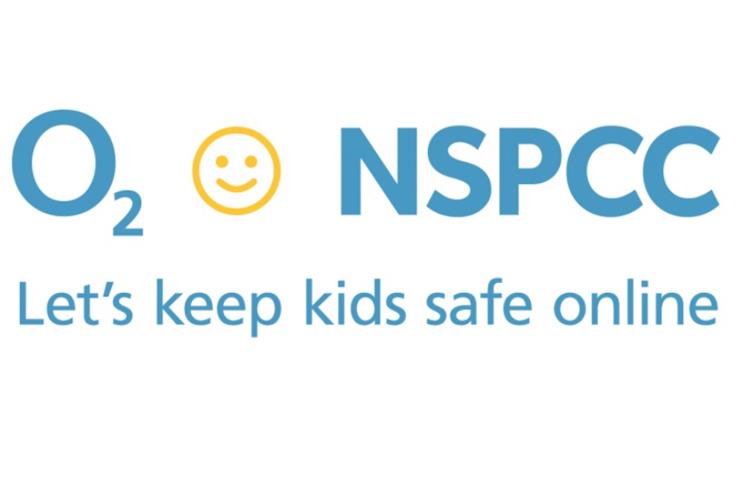
Being online can be positive for children and young people, including those with additional needs. So much of our communication now happens online, either by messages, in a game or through a video call. The link to the NSPCC website below gives parents and carers a wealth of tips on how to keep their children safe online and to ensure they receive positive experiences when accessing the internet.
https://www.nspcc.org.uk/keeping-children-safe/online-safety/online-safety-families-children-with-send/
To find out more about the 4 broad areas of SEND need and how your child may be supported, please click on the tabs below.

At Oxhey, looking after our children's mental health and emotional well-being is a key priority. Social and Emotional Mental Health (SEMH) includes our emotional, psychological, and social well-being. It affects how we think, feel and act. It also helps determine how we handle stress, relate to others, and make choices. If you feel your child requires support with their mental health, please speak to your child's class teacher or Mrs. Holt, as Inclusion Lead.
At Oxhey, we take a 'graduated response' to supporting your child in managing their SEMH needs. Please click the link below to view our SEMH graduated response.
Oxhey CFLP Graduated response for SEMH Sept 23 - Final
Trailblazers
Trailblazers parent drop-in advert
The Mental Health Support Team from North Staffordshire Combined Healthcare NHS Trust 'Trailblazers' is working within our school. This team consists of Educational Mental Health Practitioners and Mental Health Practitioners with a variety of qualifications such as school nurses, social workers and mental health nurses. This team aims to work with our school promoting positive well-being, preventing poor mental health and raising awareness of mental health.
The team will be offering one to one interventions or group work with children and young people over a short period of time, these sessions are aimed to equip children and young people with the tools to effectively maintain positive well-being. The team will work with children and young people around topics such as; worry management, low mood, exam stress, anxiety, difficulties with emotions, panic management, coping strategies, sleep, behavioural difficulties and problem solving.
The team will also be supporting parents/ carers so that children and young people feel able to talk to adults about how they are feeling, normalising discussions around mental health and reducing stigma. The team will also offer parent workshops, parent drop in’s and support to implement strategies in the home environment.
Mental Health Support Team Offer Academic year 24-25
You may also find the following links and resources useful to keep mentally and emotionally well:
'Kind Minds' Issue 17 (April 2023)
childrens-mental-health-a-parents-guide
Interactive-Parents-leaflet-online-version
0children_s_mental_health_support_north_staffs_latest
-cyp-manage-anxiety-apr2020-v4
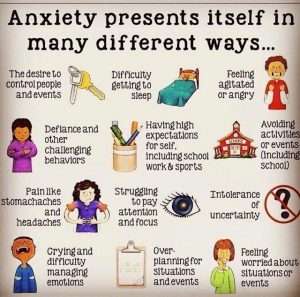
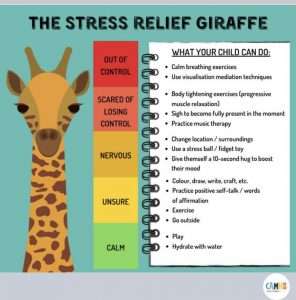
Useful information to support children's transition to their next phase of learning:
Transitions handout primary to secondary/middle
ADHD
ADHD behaviours are also categorised under this broad area of need. The following websites may be useful if you would like to find out more:
ADHD and Mental Health | Signs and Symptoms of ADHD | YoungMinds
ADHD in Children | Nip in the Bud | Free Downloadable Fact Sheet
Attention Deficit Hyperactivity disorder (ADHD) | Info & support | Contact
Attention deficit hyperactivity disorder (ADHD) - NHS (www.nhs.uk)

At Oxhey, we recognise the importance of speech, language and communication as an essential skill for learning and building friendships. While all children develop and different rates, some will require additional support to boost their language and communication skills.
Please click on the link below to view our speech and language early intervention flow-chart:
Speech and Language Early Intervention Flow
We work closely with Debbie Willshaw from SpeakWrite to ensure our staff are able to identify those children who may require clinical assessment for Speech and Language, whether it be difficulties with articulation, receptive language, expressive language or social use of language. Debbie uses non-diagnostic Language Progression Assessments to help us establish any areas that may need additional school-based intervention. These also help us identify any children who we feel would benefit from further clinical assessment with our local NHS team of therapists. We also provide a range of additional intervention groups or 1:1 support to work on strategies such as:
- Cued Articulation
- Attention and Listening Groups
- Attention Autism Groups
- Colourful Semantics
The resources below indicate how you could help your child at home and provide links to useful websites you may wish to explore. If you are concerned about your child's developmental language then please see Mrs. Holt or your child's class teacher.
GeneralLeaflet for parents 4-5
How I may help my child at home with speech and language development
Recommended websites to support speech and language development
Stoke Speaks Out Staged Pathway
Autism
Autism Spectrum difficulties are also included in this area of need. You can find further details regarding this condition on the links below: (NB live links can be found in the 'Self-help' tab)
Where to get autism support - NHS (www.nhs.uk)
Surviving School On The Autistic Spectrum | Blog | YoungMinds
National Autistic Society (autism.org.uk)
Ambitious about Autism | National charity for autistic children and young people
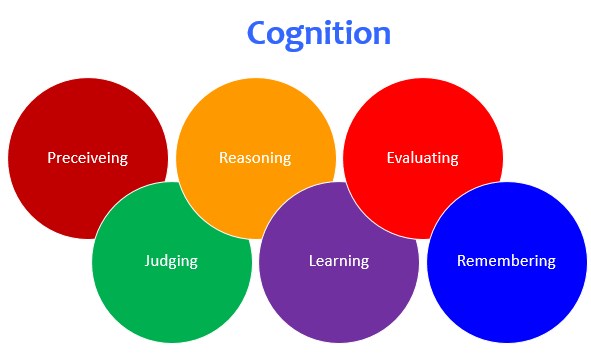
At Oxhey First School, we are committed to meeting the needs of all pupils to ensure that they make the best possible progress. As all children progress at different rates, there may be times when a teacher feels a child would benefit from an intervention group, which would be in addition to every day quality teaching. Learning may also be specifically tailored to your child's needs to ensure they are able to engage, develop independence and make progress at their own rate. Personal Learning Plans (PLPs) or Targeted Strategy Plans (TSP) will be devised in conjunction with parents/carers and any involved agencies which outline supportive strategies. These adjustments may be made across all subject areas or specific to:
- Reading
- Phonics
- Writing
- Number skills
- Working memory
- Concentration and engagement
- Organisation
At Oxhey, we take a 'graduated response' to identifying and addressing cognition and learning needs. Please click on the link below to view our cognition and learning graduated response document.
CFLP Graduated Response for C and L Master
Cognition and learning needs may include specific learning difficulties such as dyslexia and dyscalculia, moderate learning difficulties, severe learning difficulties and profound and multiple learning difficulties. You may find the links below useful if you have concerns regarding these specific needs:
Dyslexia
Dyslexia - Management - NHS (www.nhs.uk)
British Dyslexia Association (bdadyslexia.org.uk)
The Dyslexia-SpLD Trust - Home
Dyscalculia
Dyscalculia - British Dyslexia Association (bdadyslexia.org.uk)
Dyscalculia - The Brain Charity
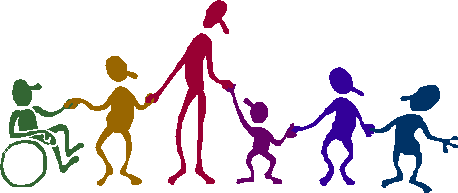
Children with a physical or sensory impairment may experience visual or hearing difficulties, multi-sensory impairments or a physical disability. At Oxhey, we work with a range of agencies including Occupational Therapy, the Hearing Impairment Specialist Support Team and the School Nursing Service to support pupils with these specific needs. Reasonable adjustments in the classroom may include:
- Writing slopes
- Pencil grips
- Ipads/Laptops
- Medical care plans
- Specialist equipment such as radio-aids
- Motor interventions
- Additional rest breaks
You may find the following websites useful if you have concerns regarding a sensory or physical need in your child:
Hearing Impairment
Information and support | National Deaf Children's Society (ndcs.org.uk)
Staffordshire Connects | Deaf/Hearing Inclusion Team
Hearing loss - NHS (www.nhs.uk)
Vision Impairment
Staffordshire Connects | Vision Inclusion Team
VICTA | Children and young adults who are blind or partially sighted
Blindness and vision loss - NHS (www.nhs.uk)
Physical Difficulties
Support groups for parents | Disability charity Scope UK
Help if you have a disabled child: Overview - GOV.UK (www.gov.uk)
How to care for children with complex needs - Social care and support guide - NHS (www.nhs.uk)
Acceptance - Tips for Parents of Child| CerebralPalsy.orgCerebralPalsy.org
Living With Spina Bifida (Infants) | CDC
Dyspraxia
Developmental co-ordination disorder (dyspraxia) in children - NHS (www.nhs.uk)
Interventions
At Oxhey First School we are committed to meeting the needs of all pupils to ensure that they make the best possible progress. As all children progress at different rates, there may be times when a teacher feels a child may benefit from an intervention group which would be in addition to every day class teaching. In some cases, this may be because we feel a child is not completely reaching their potential and may need ‘a little extra push’ or it may be to ‘catch up’ in a particular area.
It may be appropriate for your child to receive small group support either inside or outside of the classroom setting. Your child will work with their class teacher, TA or occasionally another member of staff and a programme of work will have been planned for your child that will aim to close any gaps or misconceptions that have arisen in their learning. Intervention will normally last for a period of 6 weeks. We measure the children’s abilities at the beginning and then at the end of the intervention, which shows us whether the intervention has had an impact and what will be our next steps.
There are a number of different interventions that may take place to support the needs of your child, including:
- Phonics and word building
- Reading and spelling
- Fine-motor skills
- Learning new information and concepts
- Working with numbers and the number system
- Working memory
- Concentration
- Organisation
- Balance and coordination
- Speech and language
If you are concerned about your child's development, you may find the links on the document below useful.

